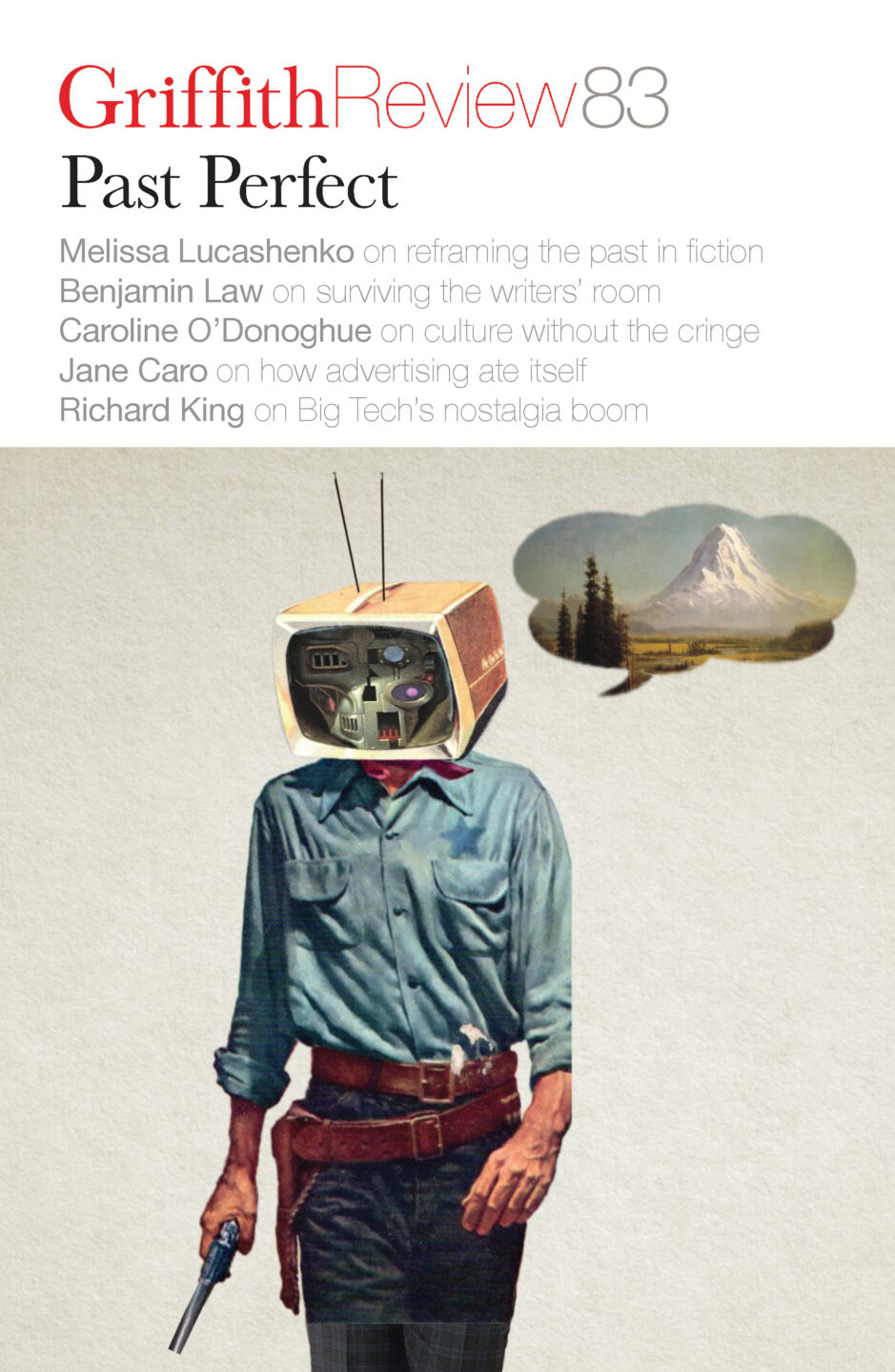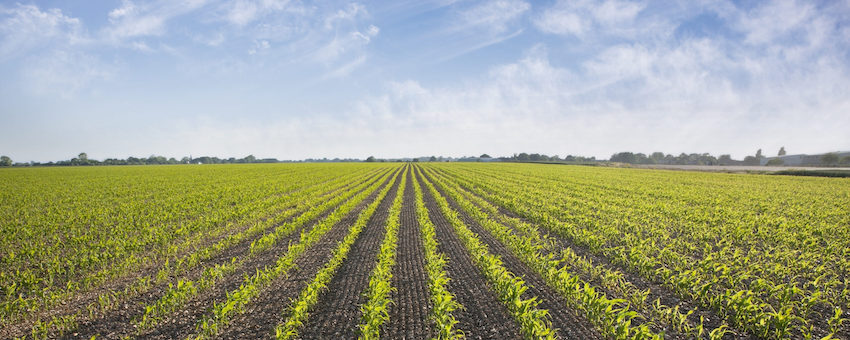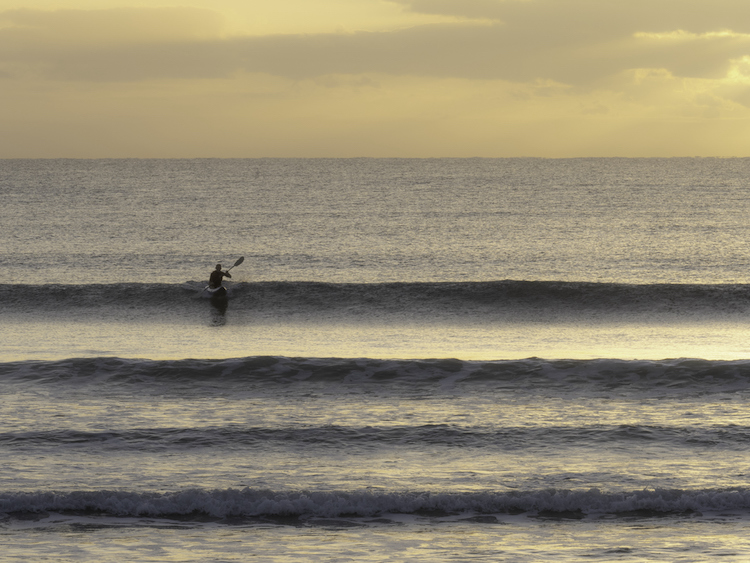Featured in

- Published 20240206
- ISBN: 978-1-922212-92-4
- Extent: 204pp
- Paperback, ePub, PDF, Kindle compatible


Already a subscriber? Sign in here
If you are an educator or student wishing to access content for study purposes please contact us at griffithreview@griffith.edu.au
Share article
About the author

Melinda Hinkson
Melinda Hinkson was the 2023 Mildura Writers Festival writer in residence. She is executive director of the Institute of Postcolonial Studies, Melbourne.
More from this edition

Escaping the frame
In ConversationAll my work as a writer and activist over the last fifty years has comprised various attempts at what I call ‘escaping the frame of European colonisation, European story and European ways of telling story’.

The sentimentalist
In ConversationI’ve positioned myself as somebody who’s constantly going through the trash of yesteryear with my raccoon paws and saying, ‘Wasn’t it grand?’ I think it’s more that I’m drawn to things I misunderstood rather than things that are just old, and I’m also interested in diagnosing the culture through what we loved, what we made and what we despised. It’s becoming much more clear to me the older I get.

Scarlett fever
Non-fictionThe competition was notable for its shift away from being a Vivien Leigh lookalike contest. The bid to find a woman who, instead, ‘most closely’ resembled how Scarlett ‘would act and speak today’ and embodied ‘her spirit and sass’ opened up the search to any woman with a bit of chutzpah, including, in theory, Black and other women of colour.